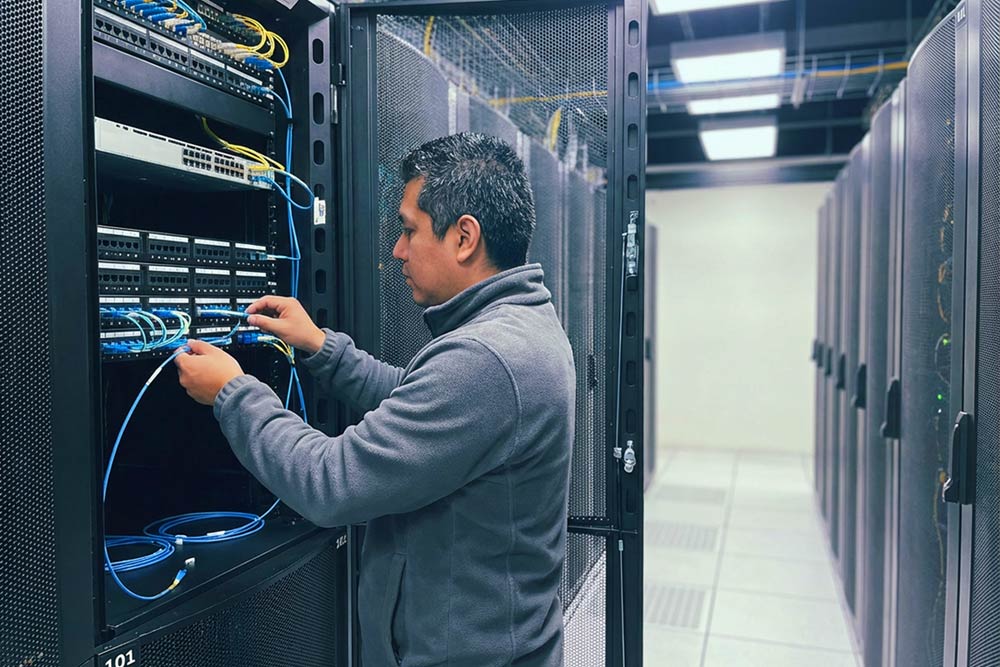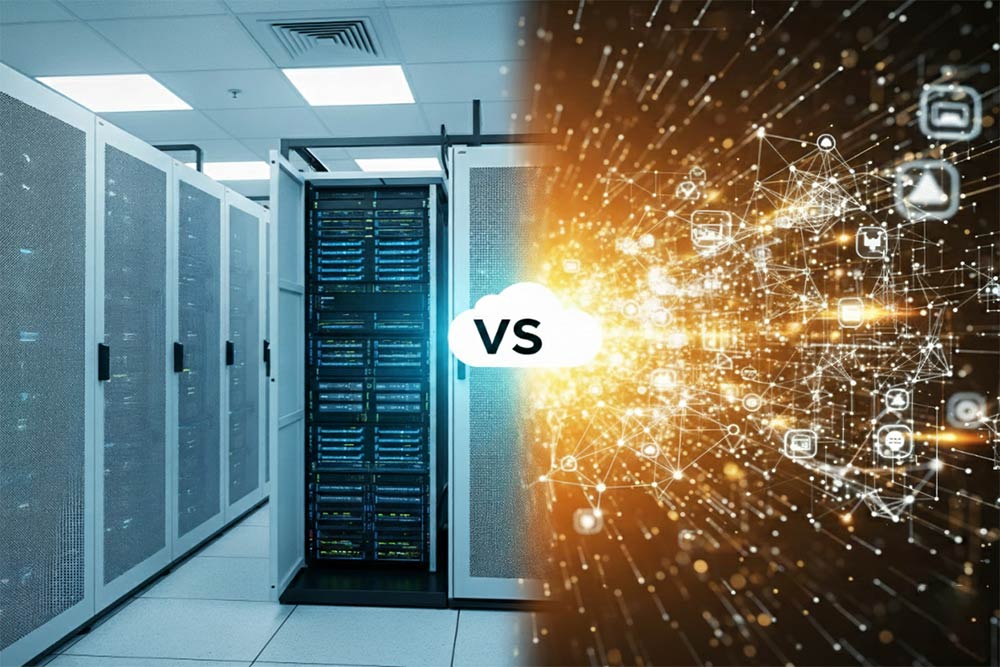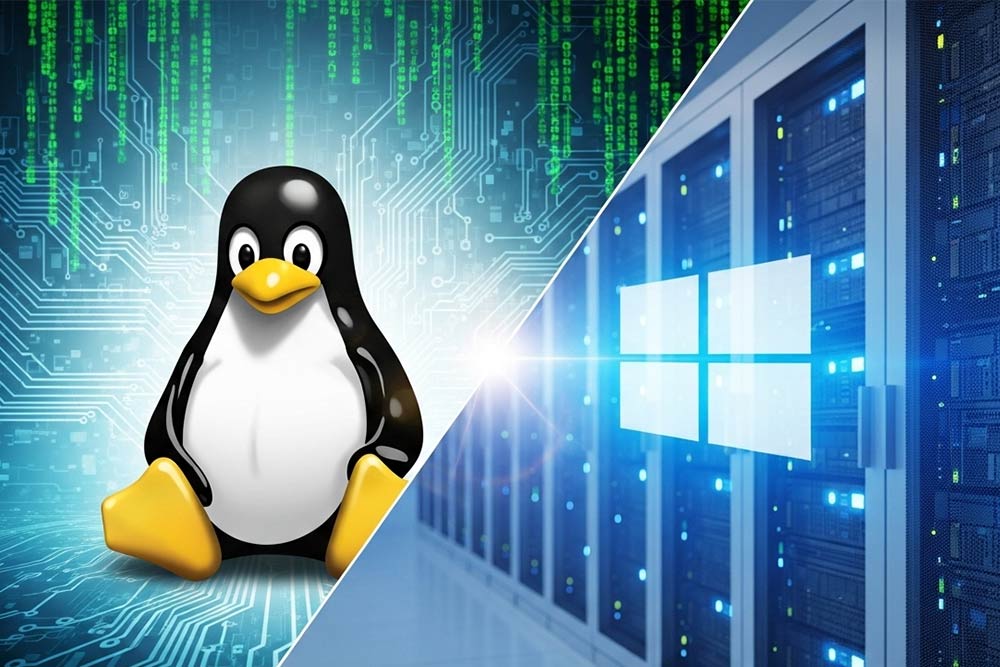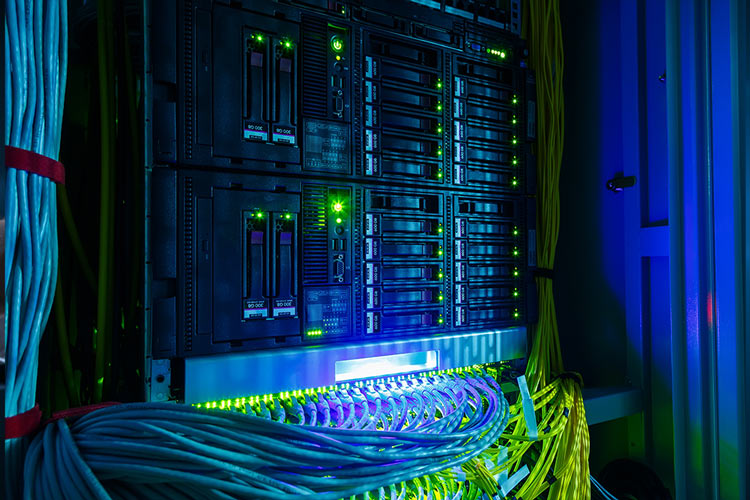When searching for IT infrastructure solution options, businesses often find themselves going through several options before finding the one solution that can support their operations in the most effective way. Two popular choices for handling workloads with high resource and performance needs are private cloud and bare metal servers. Both of these options offer the similar benefits of dedicated resources, however, the specific use case decides which one will be the right choice for your business.
This blog examines both bare metal servers and private cloud solutions in detail to help businesses navigate this important choice and pick the option that best fits their business model and needs. Let’s begin.
What are Bare Metal Servers?
Bare metal servers are single-tenant physical servers, meaning that they only serve one client. This is their main strength: they make all of the resources and full control of customization available for one customer only. Bare metal servers offer dedicated hardware resources, like RAM, CPU, storage, and networking, to one single organization or customer. Bare metal thus offers peak performance, and because there is no overhead from a hypervisor, this option is ideal for resource-intensive applications, high-performance computing, and workloads that require low latency.
This granular control over resources requires more maintenance and management but also makes working with unconventional setups possible, which can be a huge benefit. It allows working without the hypervisor layer, with the operating system installed directly on the server, which reduces latency. This can be particularly beneficial for big data analytics, gaming, complex databases, and other resource-intensive applications, where high customizability, stability, and low latency are crucial. Of course, the superior performance makes bare metal servers more expensive than most cloud solutions.

The Benefits of Bare Metal Servers
Let’s take a look at the benefits in more detail.
First-Rate Performance
Bare metal servers offer unmatched performance by providing direct access to the hardware without the intermediary virtualization layer or the hypervisor. This eliminates the overhead of virtual machines, ensuring that applications can fully utilize the server’s CPU, RAM, and storage capabilities.
Enhanced Security
Because of single tenancy, bare metal offers a higher level of security compared to shared environments. Organizations often fear the risk of data breaches and interference from other users in shared environments. Bare metal servers exclude the possibility of tampering and lateral attacks, which makes this option the ideal choice for handling sensitive data and meeting compliance requirements.
Advanced Customizability
Bare metal servers can be tailored to meet specific business requirements, which would be impossible with other options. Organizations have the flexibility to configure everything from hardware specs to processors, memory, and storage. This allows the server to be optimized to the organization’s workloads and performance requirements.
Consistency and Reliability
The always-available dedicated resources provide organizations with consistency and predictable performance. Companies don’t have to be concerned about the unpredictable resource utilization of co-tenants, which is a frequent issue in shared environments. For applications that require stable and consistent operation, this reliability is crucial.
Cost Efficiency for High-Performance Workloads
The initial investment in bare metal servers is higher, however, in the long term, it can be more cost-efficient for high-performance workloads. While virtualized environments are less expensive in the beginning, the ability to fully utilize hardware resources can lead to better overall cost efficiency for demanding applications.

What is a Private Cloud?
And now, let’s define the next most popular option for enterprises, the private cloud.
The private cloud is a dedicated cloud computing environment set up for and used by a single organization. Unlike other (public or hybrid) cloud options, where resources can be shared among multiple users, in a private cloud, all resources are walled for a single organization. That’s why they are also referred to as internal or corporate clouds.
Hosted either on-premises or by a provider, private clouds use virtualization technology to deliver scalable and flexible resources. They provide the benefits of cloud computing, like on-demand resource allocation and improved disaster recovery, but without the risks associated with multi-tenant environments.
How Can Organizations Benefit From the Private Cloud?
Just like bare metal servers, private cloud solutions offer several advantages to organizations that are looking for a dedicated and flexible IT infrastructure solution. These are the main benefits.
Heightened Security and Compliance
Private clouds provide a higher level of security compared to the public cloud because resources are dedicated to a single tenant. Organizations have full control over every detail. This isolation reduces the risk of data breaches and enables businesses to meet regulatory requirements by having granular control over data governance and security policies.
Cost Management Benefits
Organizations have better control over resource allocation, improving infrastructure usage. The private cloud also eliminates the changing costs of public cloud consumption, providing much more predictable and manageable IT expenses.
More Scalable and More Flexible
One of the key benefits of private clouds is their ability to scale resources dynamically. As business demands fluctuate, organizations can easily adjust to match their needs. The possibility to add new virtual machines or allocate resources provides the necessary flexibility to navigate changing market conditions without disruptions.
Availability and Reliability
Private clouds often deliver superior reliability and availability compared to shared environments. Performance is predictable and consistent, and the fault tolerance and high availability features ensure uptime and reliability.
Easy Migration
The private cloud offers high flexibility to adapt to changing needs. This can prove very useful when it comes to migrating workloads with the least disruptions possible and ensuring that the environments are aligned with business environments.
Private Cloud vs Bare Metal: Key Things to Consider
Finally, let’s take a look at the key takeaways when it comes to choosing either bare metal servers or a private cloud solution.
Cases for Bare Metal Servers
- When you need granular control over your hardware and configurations
- When and if you have the team and expertise to manage it
- If your applications require high performance and instant access to server resources
- If your applications are heavy users of CPU, RAM, and network resources
- If your workloads require high-security, compliant environments
- If you need unconventional setups or want to manage your own hypervisor
Cases for Private Cloud
- If you want to benefit from a private environment without the hassle of having to manage everything
- When you want to take advantage of the flexibility of scaling resources smoothly, without downtime, to accommodate changing business needs.
- If you’re looking for a more secure, private environment with an easy transition after the public cloud
- If you’re looking for a virtualized solution that offers easy server portability
- If you want to benefit from managed backup and disaster recovery options from your provider
Adopt a Lasting Solution
Weighing carefully the particular benefits and differences between bare metal servers and private cloud solutions is crucial to choosing the option that best fits your business model and needs. Picking the right option is a matter of knowing and understanding your specific needs in the present and future as well. Bare metal servers are ideal for organizations with high performance, customizability, and security needs, while the private cloud is the perfect choice for those looking for flexibility, scalability, and managed services.
To learn more about both options and talk about your organization’s specific IT infrastructure needs, contact our team at Volico Data Centers.












